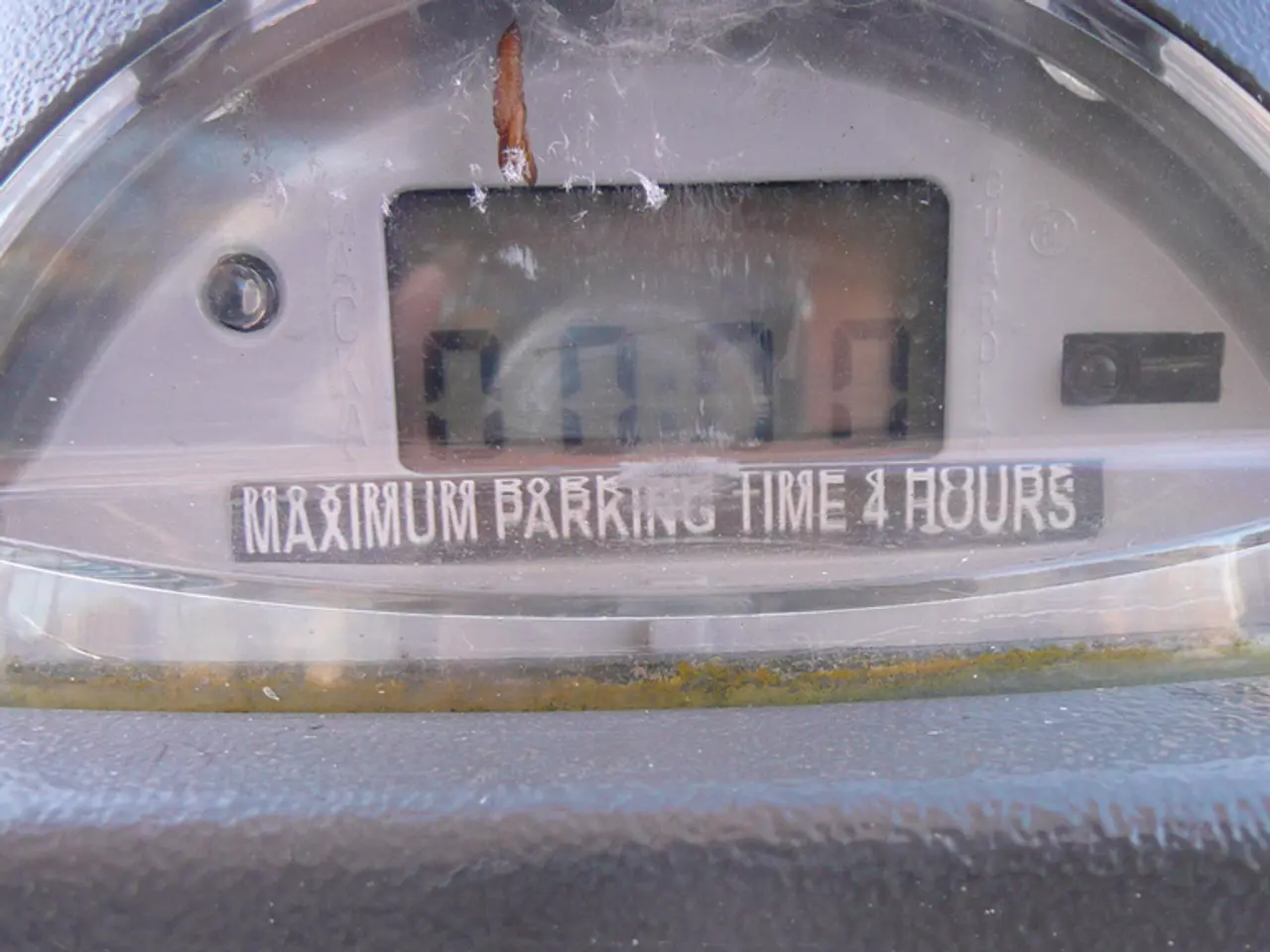Toyota leverages behavioral studies to enhance the adoption of environmentally-friendly charging habits in their electric vehicles.
Toyota's ChargeMinder App Shows Promise in Reducing CO2 Emissions
The Toyota Research Institute has made a significant stride in combating climate change with the publication of research demonstrating that behavioral measures can improve the charging behaviour of electrified vehicle drivers. This development contributes to a reduction in CO2 emissions, aligning with Toyota's global strategy for CO2 neutrality.
At the heart of this innovation is an app called ChargeMinder, which employs behavioural science insights to influence charging behaviour. The app, tested in Japan, has successfully shifted charging habits to times with a high share of renewable energy.
ChargeMinder offers over a dozen measures tailored to changing charging behaviour. It processes data anonymously and provides personalised interventions, making it a cost-effective solution compared to other approaches like expanding public charging infrastructure or financial incentives for consumers.
Manabu Handa, Assistant Manager of the Carbon Neutral System Planning Department at Toyota Motor Corporation, emphasises the need to develop technologies that bridge the gap between human behaviour and CO2 reduction. Handa plays a key role in incorporating behaviour change as a fundamental part of Toyota's decarbonization strategy to advance carbon neutrality.
In Japan, the implementation of ChargeMinder resulted in an average of almost 30 additional minutes of daily charging per vehicle. PHEV and battery electric vehicle (BEV) drivers in Japan increased charging during peak times for renewable energy by 59%. This shift in charging behaviour has a significant impact on reducing CO2 emissions.
Gill Pratt, Chief Scientist of Toyota Motor Corporation, emphasises that technology is not the only way to reduce emissions, human decisions matter too. Toyota aims to expand the research on ChargeMinder to develop more personalised and data-driven measures.
In the USA, the implementation of these measures resulted in a 10% increase in charging behaviour among plug-in hybrid vehicle (PHEV) drivers. A side effect was a 16 percentage point increase in satisfaction among US PHEV drivers, reaching 100%.
ChargeMinder uses data from multiple sources, such as vehicle telematics or location information from charging processes, to provide timely and effective interventions. Time-specific reminders in the ChargeMinder app were up to 50% more effective than generic hints in lab tests.
This research underscores the potential of behavioural science measures in reducing CO2 emissions from electrified vehicles. As the world moves towards a more sustainable future, solutions like ChargeMinder could play a crucial role in achieving global carbon neutrality.
Read also:
- Parliamentary Meetings in the Federal Diet of Germany this Week
- Wheat in current times contains lower levels of essential nutrients
- Hospital in Taos faces imminent closure due to looming federal budget reductions
- Intentional Arson and Countermeasures: Understanding the deliberate lighting of fires by experts and the advantages for certain forests and wildfires




